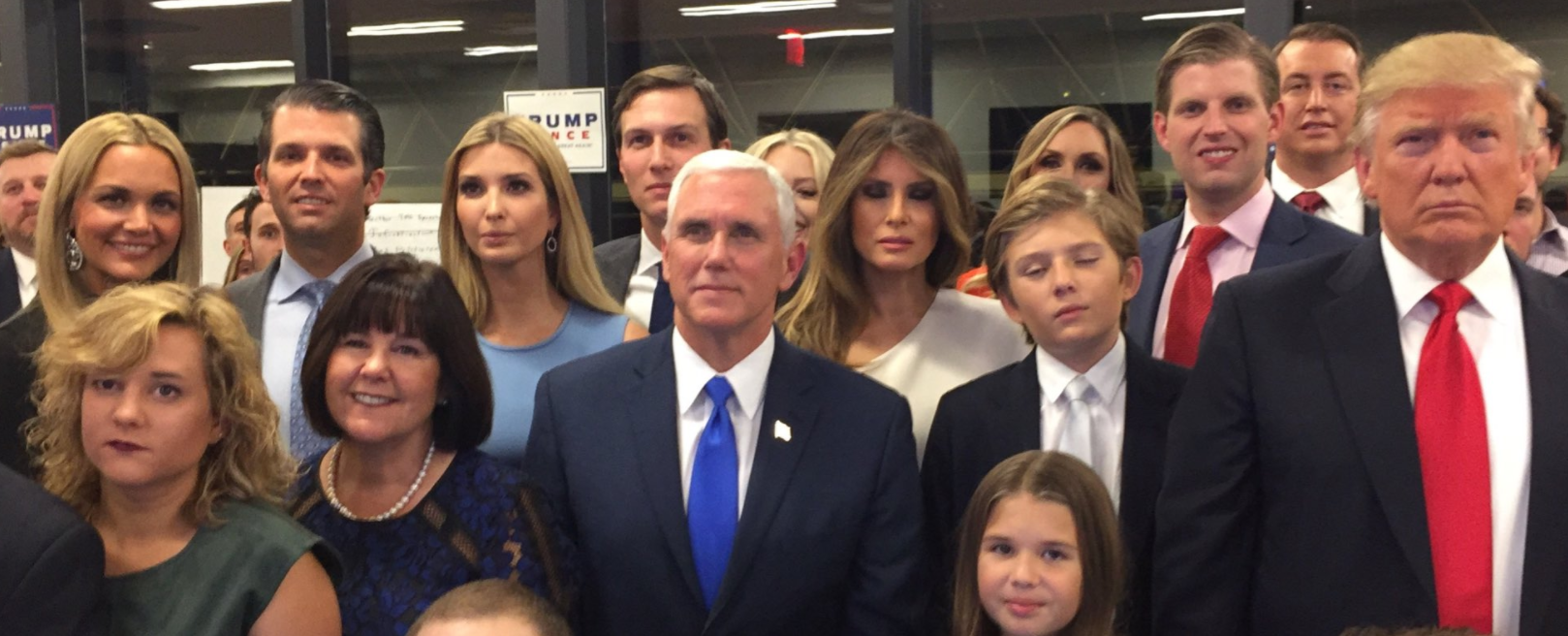President-elect Donald Trump’s complex business dealings before and during his candidacy for the office, and now after his victory on November 8th, continue to draw scrutiny from the media and elected officials in the United States. The president-elect has drawn additional attention for his initial meetings with world leaders that apparently mix his business and family businesses’ interests with the national interest of the United States.
First, Trump held a meeting with an Indian businessman in which his partners praised the new value of their Trump-branded condo development in Pune, India, saying that the new development now comes with the cachet of being associated with the President-elect.
“To say, ‘I have a Trump flat or residence’ — it’s president-elect branded. It’s that recall value. If they didn’t know Trump before, they definitely know him now,” Pranav R. Bhakta, a consultant who helped Mr. Trump’s organization make inroads into the Indian market five years ago, told the New York Times.

Donald Trump’s business interests, controlled by members of his family, may run afoul of the Emoluments Clause.
Next, the President-elect invited his daughter Ivanka and her husband and advisor to the President-elect, Jared Kushner, to attend a bilateral meeting with Japan’s Prime Minister, Shinzo Abe. While presidential family members often interact with foreign leaders at state dinners, “Ivanka is more than family—she represents Trump’s private business interests,” as Quartz reports.
Ivanka also joined a call that President-elect Trump had with Argentina’s Mauricio Macri. Reports indicate that Trump used the congratulatory call from Macri to seek the Argentine president’s help on a stalled building project in Buenos Aires, The Hill reports.
Then, on a phone call with Nigel Farage, the British politician who has been the leader of the UK Independence Party since October 2016, the President-elect reportedly pressed the leader on “the issue of wind farms,” repeating his dismay “that his beloved Scotland has become over-run with ugly wind farms which he believes are a blight on the stunning landscape.”
“Over the past decade, Trump has battled with homeowners, elbowed his way through the planning process, shattered relationships with elected leaders and sued the Scottish government,” the Washington Post reported in October.
Trump objects to the wind farms because he believed they would spoil the view from his golf course.
All of his complex business dealings shows that Mr. Trump “has not fully disengaged from his business ventures even as he leads his presidential transition, and it highlights the potential conflicts he will face going forward if he does not separate himself from a brand that has been constructed around his persona,” the New York Times notes.
Previously, it was reported that Donald Trump set up four companies related to a possible hotel project in Jeddah, Saudi Arabia while campaigning for president in August 2015. In fact, as the Washington Post reports this week, Trump in fact registered eight companies in Saudi Arabia while campaigning since 2015.
U.S. State officials, especially the President of the United States, are prohibited from receiving gifts from foreign governments. The latest such battle was fought by President Obama, when he sought to keep the award that accompanied his Nobel Peace Prize. As the New York Times reports, Trump could face risks should he continue to reap benefits from deals with companies controlled by foreign governments.









